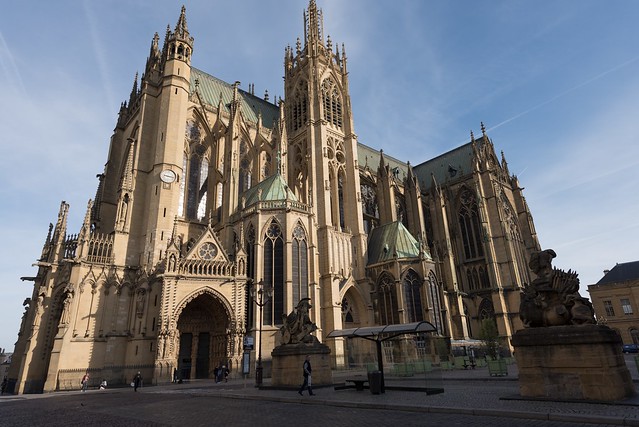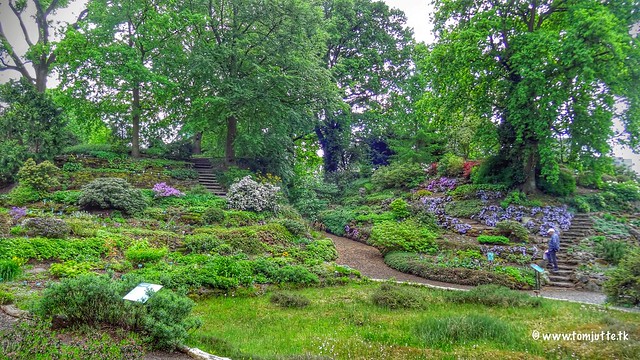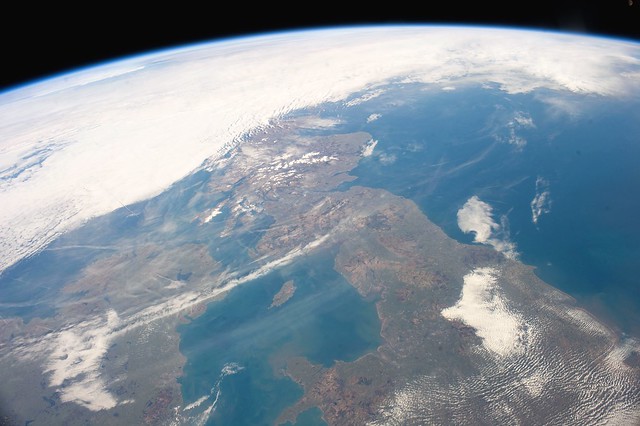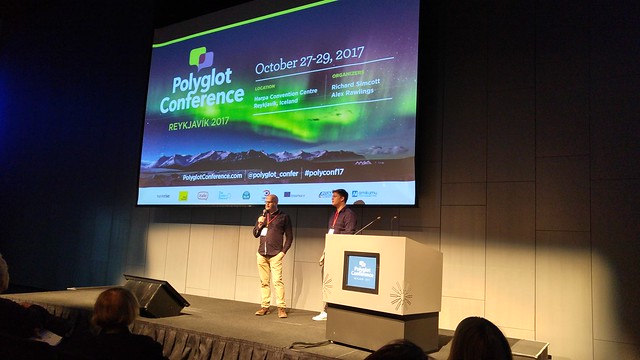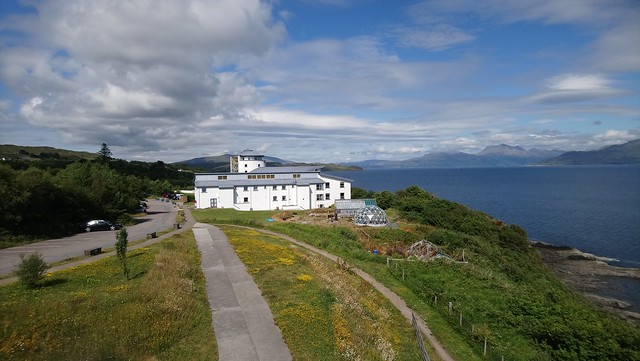One of the words that came up this week in the French Conversation Group I’m part of was chaire [ʃɛʁ], which means chair (a professorship), pulpit, rostrum or throne.
Here are some examples of how it’s used:
- chaire épiscopale = bishop’s throne
- chaire pontificale = papal throne
- être titulaire d’une chaire = to have a personal chair / to be a professor
- sans chaire = untenured
Source: Reverso
Chaire comes from the Middle French chaire (chair (item of furniture)), from the Old French chaiere, chaere, from the Latin cathedra (armchair, ceremonial chair, the office or rank of teacher or bishop), from Ancient Greek καθέδρα (kathédra – seat; chair; rower’s seat; posterior, bottom; base of a column; sitting posture; teacher’s / professor’s chair; imperial throne), from κατά (katá – down) and ἕδρα (hédra – seat) [source].
The English words chair and chaise come from the same root, via the Old French chaiere, chaere [source].
Cathedral comes from the the Late Latin ecclesia cathedralis (church of a bishop’s seat), from the Latin cathedra [source].
Sit comes from the Old English sittan (to sit), from the Proto-Germanic *sitjaną (to sit), from the Proto-Indo-European *sed- (to sit), which is also the root of the Ancient Greek word ἕδρα (seat) [source].
Other words from the same root include:
- Bengali: কেদারা [ˈke.d̪ä.ɾäˑ] = chair
- Irish: cathaoir = chair; seat, throne; stool, stump (of tree)
- Italian: cattedra = desk (of a teacher); teaching post; throne (of a bishop): chair, professorship, chair (archaic)
- Portuguese: cadeira = chair, subject, stall, post, hip
- Scottish Gaelic: cathair = chair, seat, bench throne; town, city
- Spanish: cadera = hip
- Welsh: cadair = chair, seat; (bishop’s) throne; cathedral; professorship
Source: Wiktionary
